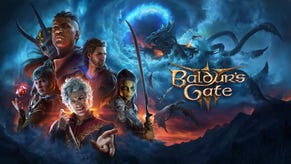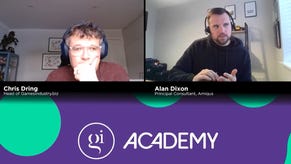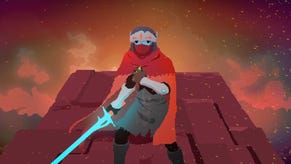The ten commandments of indie survival
Novarama's Daniel Sanchez-Crespo shares his golden rules of survival for indie developers with the GamesIndustry.biz Academy
For the last 17 years, I have been the CEO of Novarama, an independent games studio from Barcelona, Spain. While we are not a massive studio like Bioware, we have managed to survive as a 30-person game studio for 17 years and have won a few Best of E3 awards.
I wrote a Twitter thread sharing advice on how to ensure your indie studio survives and thrives. So far, it gathered over 3,000 likes, so I guess people found it useful. Here it is, formatted for more comfortable reading.
The reason for me to write about this is, as I'm what they call an 'industry veteran', I'm advising several younger studios, and I have spotted the same mistakes over and over, which put studios at risk. But there are 'ten commandments of studio survival' which are quite basic rules to stick to, and significantly cut risks down.
1. Choose your founders well
Divorcing founders for divergence of opinion is basically impossible: the company will fall apart before you can execute a divorce. At Novarama, we have had the same shareholding structure since the start, and that stability has been a key to our success.
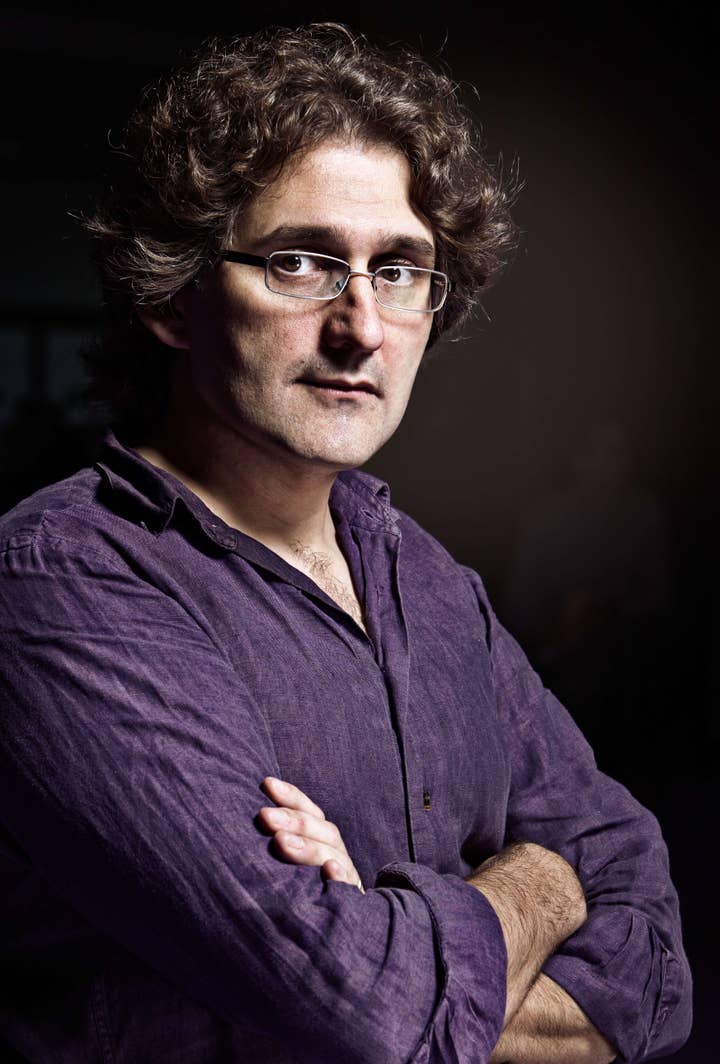
Too many people start companies with their friends or family. Instead, when we started Novarama, we sought to have all key positions covered: team leads are all founders of the company. We were not friends back then, we met ad hoc to create the studio. Of course, 17 years later we've become kind of friends, but the focus is work, not relationships.
2. Understand cash-flow peaks and valleys
This is the No.1 reason why studios die. They ship a project, it goes reasonably well (that is a 'peak'), then need to cross the 'valley' until the next project comes with a new revenue peak. And by not planning finances well, they bleed to death in the valley, if that goes on for too long.
Valleys are when you burn cash but generate no revenue as there's no game out. This is so frequent, that I'll devote my next three pieces of advice to preventing starvation during valleys.
3. Always be pitching
This idea of "we work, and then when a game ends, we pitch" is wrong. At Novarama, we are always in pitching season.
A deal takes usually six months to materialise, so always be on the lookout. At GDC, Game Connection, or elsewhere, keep your commercial firepower always out there. If you get too much work, you can always grow. And growing isn't bad.
4. Become multi-lane as quickly as possible
"About one in every four gigs you do will get cancelled. Get used to that"
The best way to prevent starvation is to have several projects and work on them side by side. The valley and peak pattern will be disrupted, and cash flow will be more steady. As a side effect, you reduce your exposure vastly if a gig gets cancelled.
By the way, did I mention that, based on my experience, about one in every four gigs you do will get cancelled? Get used to that.
5. Combine work on internal and external projects to generate different revenue patterns
I know a lot of developers who do their own IP, then they disappear when it doesn't work. Owned IP is fantastic: it builds value, it's great for the team. But it's also slow to build and mature, and it's risky. Work-for-hire, on the other hand, is faster to find and more predictable. Always do both.
For example, at Novarama we have Killsquad, our own IP which we're slowly maturing via Early Access. But we also have two work-for-hire projects, which keep us funded and are great fun as well.
Avoid the "if it's not my IP, it's devaluing my talent" mindset. That's just wrong. There are fantastic IPs out there that you can work on.
6. Get an agent
To get the last three points right, it really does help to get an agent. Agents force you to pitch, watch your valleys and peaks, and help you to find IP to work on. An agent takes a percentage of deals found, and will do business development for you. For Novarama, we chose a US-based agency as it really does complement our European presence very well.
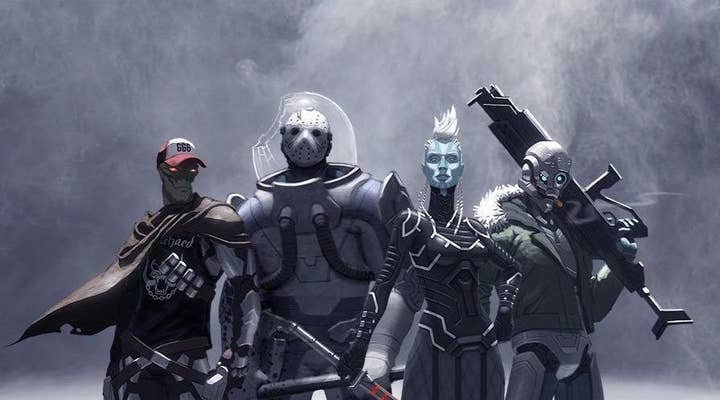
7. Learn to cancel
We all get attached to our game projects, to the point of never being ready to part ways with one, especially if it's our own IP. But a game that's not performing or is taking too long to perform should be analysed and considered for cancellation. You don't want to bleed to death while trying to make your wonderful idea work after seven years.
It happened to us: you do a game, believe 100% in it, put it out, it fails, and you spend one year trying to make it work. Only to find out it was flawed from the start and still doesn't work.
Always analyse: Is this fixable? Do we have the funds to fix it? Is this the best use of these funds? Can I make a better use of them somewhere else? Most of the time, the answer is: cancel. Learn when and how to do it. It's painful, but the alternative is way worse.
"Cultivate a network of mentors and veterans. They know how to dodge many of the bullets you'll encounter"
8. Have good advisers
Imagine you are at D-day on a landing boat on Omaha Beach. Chances of survival? Pretty slim. Now imagine the same situation, but you have a radio link to ten other soldiers, who have already landed and survived. Chances of survival? Way better.
Cultivate a network of mentors and veterans who can give you advice. They've seen what you will face. They know how to dodge many of the bullets you'll encounter. The thread I wrote is an example of this. I try to mentor younger studios whenever I can, but there should be more.
New studios often have this mixture of boldness and arrogance that makes them reluctant to ask for advice. Most of what I've done right, it's because someone told me. Make friends with older people, and listen to them. It will pay off in the long run.
9. Listen to everyone, but follow only your instinct when making decisions
It's great to have lots of input, but at the end of the day it's your company, and nobody knows more about it than you. Don't fail following other people's advice, including this article.
You will feel doubly stupid: first, because you failed, but even worse, because it wasn't even your plan to begin with. I am pretty much like a sponge, sucking ideas from everyone around me. But when decisions need to be made, having just one criteria is very useful.
10. Have a lawyer
That's easy. They seem expensive, but when things go wrong they are the cheapest investment you will make. I know tons of them, in different jurisdictions -- yes, you need one per country you operate in.
That was my ten commandments of studio survival. To wrap up, my 11th commandment is to enjoy the ride. This is a stressful industry, but it's super fun as well. You'll meet tons of cool, creative people.
Daniel Sanchez-Crespo is co-founder and CEO at Novarama. The Barcelona-based studio was created in 2003 and is known for its AR franchise Invizimals and ARPG Killsquad. If you need mentorship or advice, you can follow Sanchez-Crespo on Twitter at @DaniNovaramaEn.
